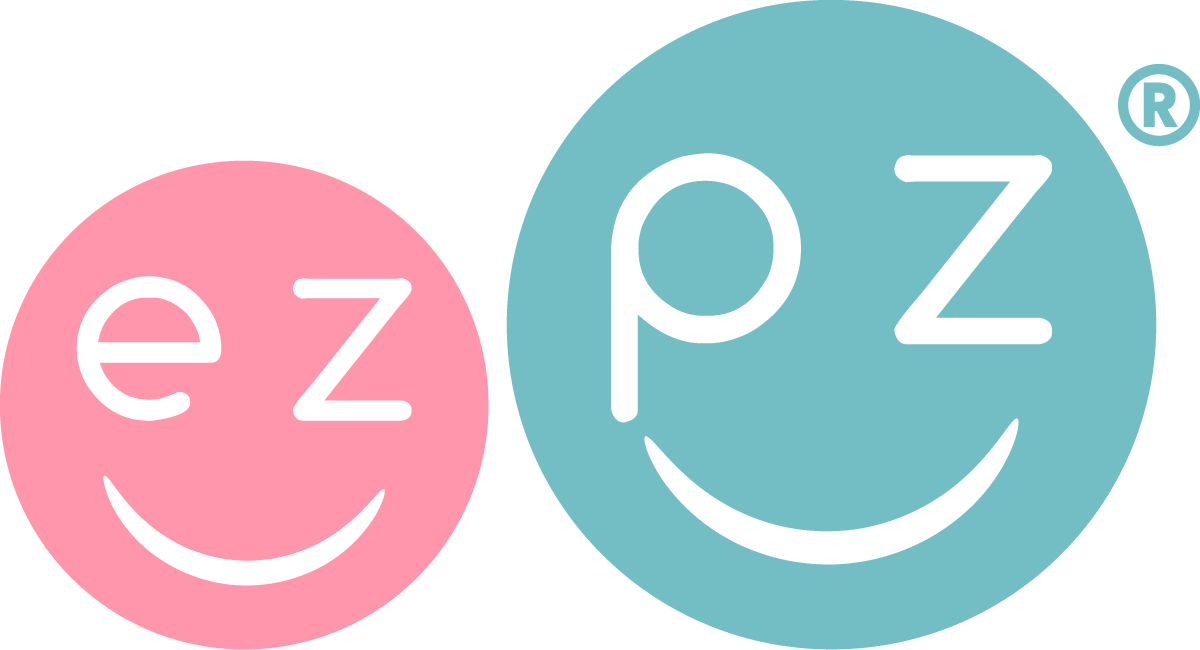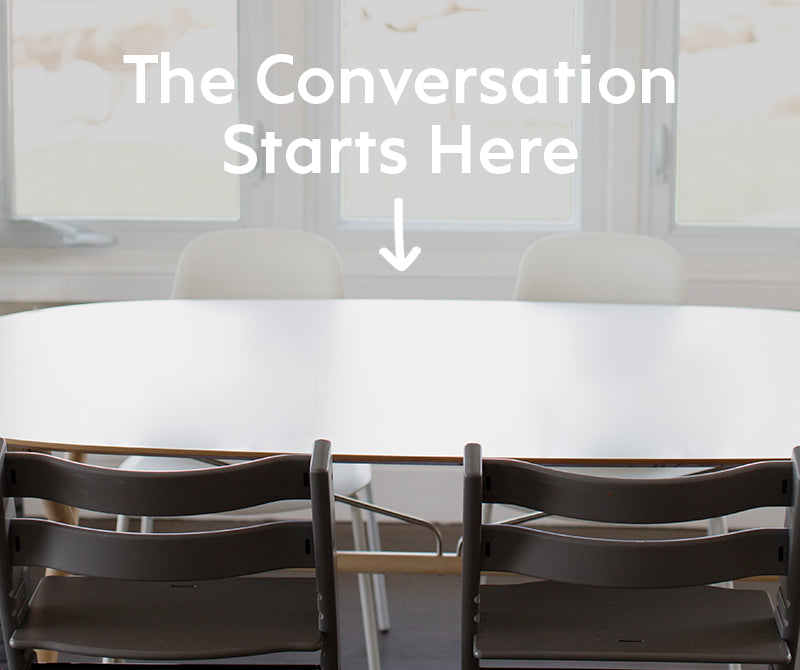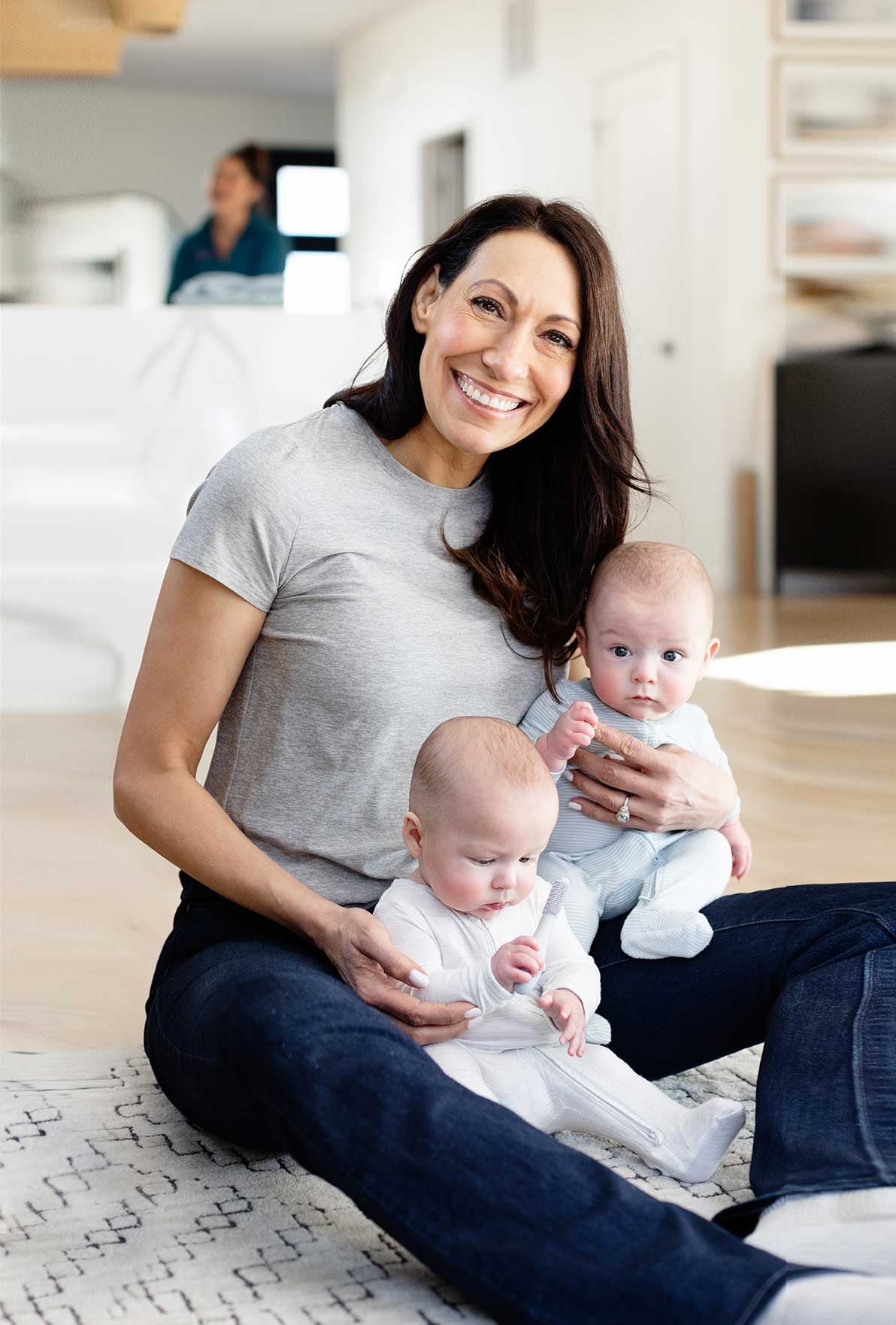When I was a kid, we had family meetings and difficult conversations while eating at the dinner table. Mealtime was always a safe place to have discussions and take the time to really listen. As a feeding specialist, I’m encouraging all of you to be willing to have uncomfortable discussions about racism with your kids… at the table. The conversation starts here.
Where Do You Start? It’s critical for all of us to step up and actively fight racism to build a better future for our children. We have to start at home and the dinner table is a great place to begin! You can simply start by introducing the importance of diversity through your personal stories. Share with your kids how these events changed or shaped you.
Here are a few additional ideas I’ve done with my clients:
- Try cultural foods as a family and talk about the culture, race and background
- Choose a Baby Led Weaning (BLW) recipe from another country
- Have a potluck and ask that everyone bring an ethnic dish to try
- Invite POC (people of color) that you love and respect to teach your kids about their ethnicity or share their experiences of racism with them. (I have been honored to do this throughout my career but especially these past two weeks).
As you implement the above strategies, your children may surprise you by sharing stories of racism they have witnessed, but never discussed with you. One of my young clients shared that he watched his Black friend get bullied and physically abused at school. His parents were in shock and did not know what to say. So I chimed in, “I’m sorry you witnessed that. Tell me more about… what happened to your friend?”
I was trained to use phrases like that to help encourage children to talk and share their stories. I’m sharing some of my conversational strategies in this printable in the hope that they help you keep the conversation going with your kids too.
How Do You Start? A lot of the families I work with had never had an open discussion about race with their children before. They wanted tips from me, a Speech Language Pathologist whose degree is in communication (as well as a woman of color) to assist them. Here are some of the tips I’ve been teaching in feeding and speech therapy.
- Short: Keep your part of the conversation short, but clear and direct. Talking too long or tip toeing around the topic of racism can confuse your message. Be intentional, and allow your kids time to process the information, acknowledge their feelings and ask questions. Kids learn by asking (hard) questions and it’s okay if you don’t know the answer. Find out the answer together and make it fun, honest, and open!
- Silence: Even though you are initiating the conversation, it’s okay if your kids don’t respond at first. One of my clients, did not speak up about a violent racial attack she accidently watched on YouTube until days after her parents began talking to her about race at the dinner table. At first, her parents thought she was being insensitive, since she never contributed to their daily conversations. But now they know she was traumatized by what she witnessed and didn’t know how to express her feelings to them.
- Soothe: Some children may cry, but please continue the conversation. Soothe them and let them know that it’s okay to be sad when discussing racism. Explain that it is a painful topic for the whole world, which is why it’s important to have continued conversations about it. Let them know that you respect their grieving style, as each of us grieve differently.
When Do You Start? When is the right time to start talking to children about racism? NOW. No age is too young. Make time today to talk with your little ones about racism, discrimination, equality and inclusivity. These conversations need to happen early and often if we truly want to make a global change. Silence and avoidance are not the answer. Children learn through our actions, our words and our truths. No matter your child’s age, these conversations are likely to be emotional and uncomfortable.
We can help our children understand racism and empower them to stand up against injustice with honesty, empathy and kindness. If you have any other suggestions on ways we can make an impact together, please share in the blog comments below. #blacklivesmatter #ezpz



